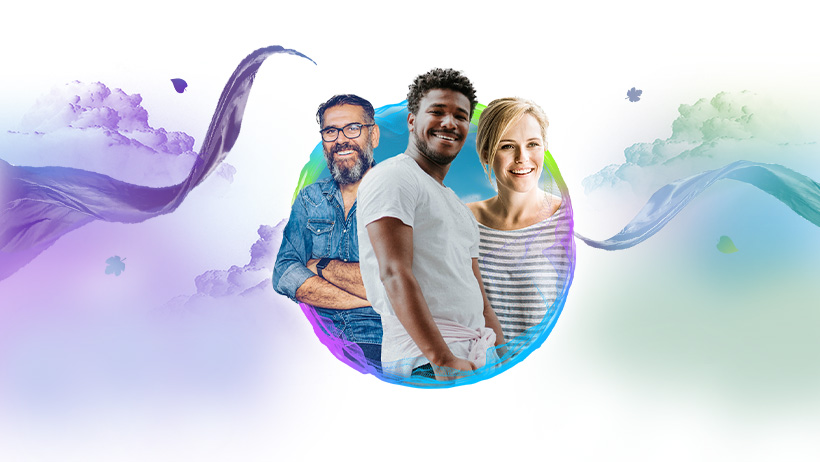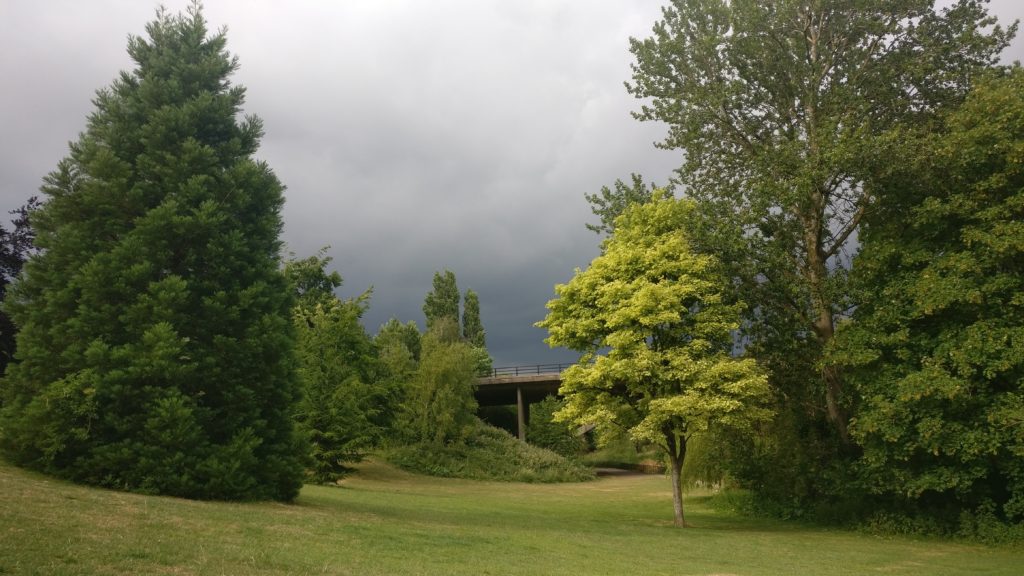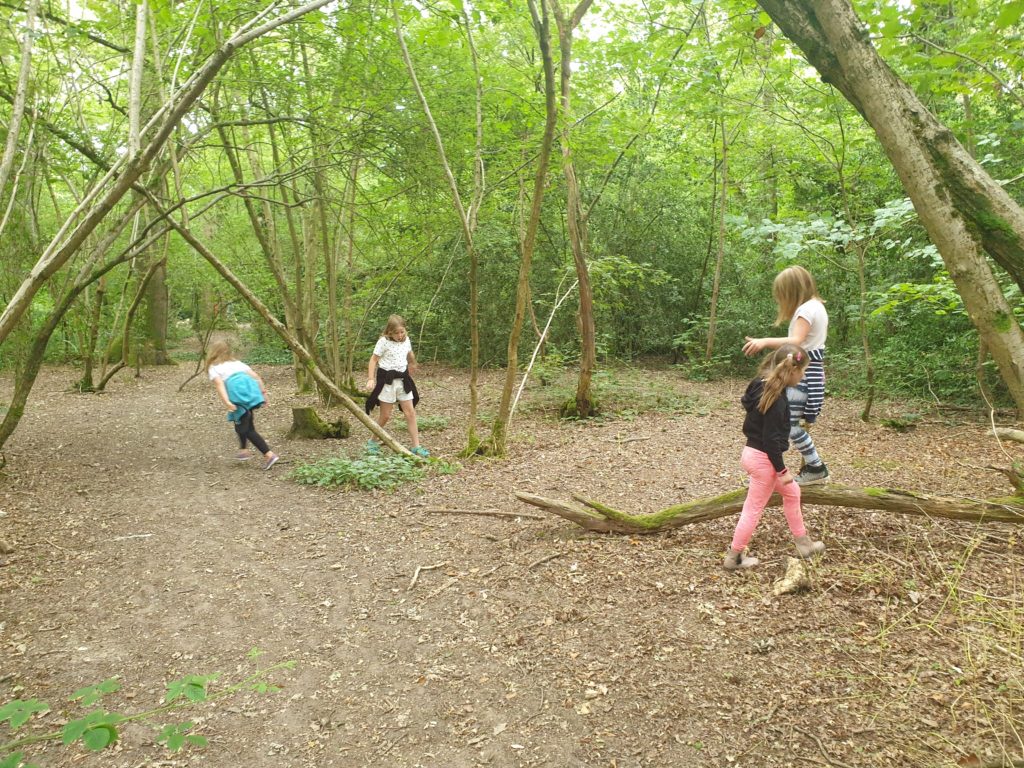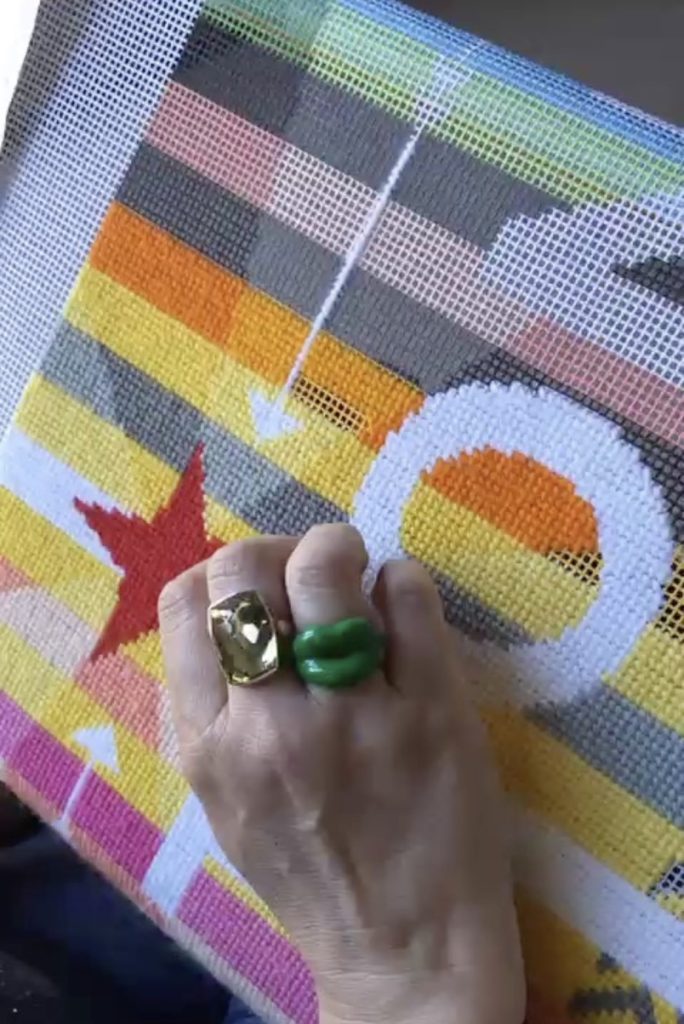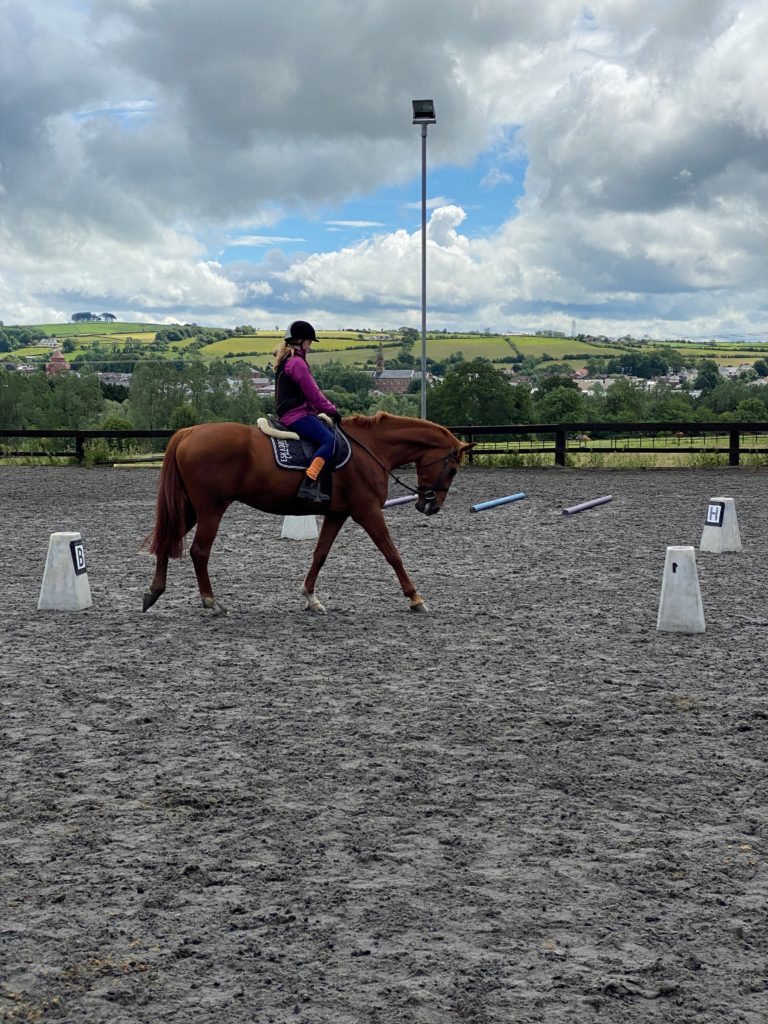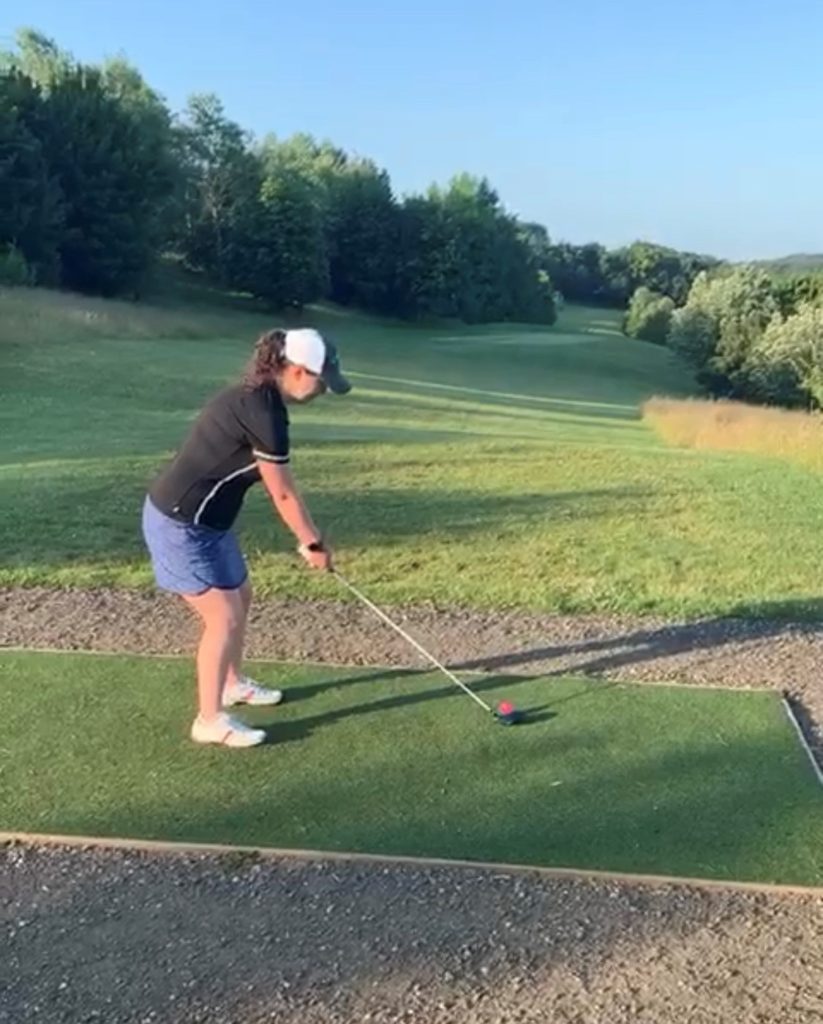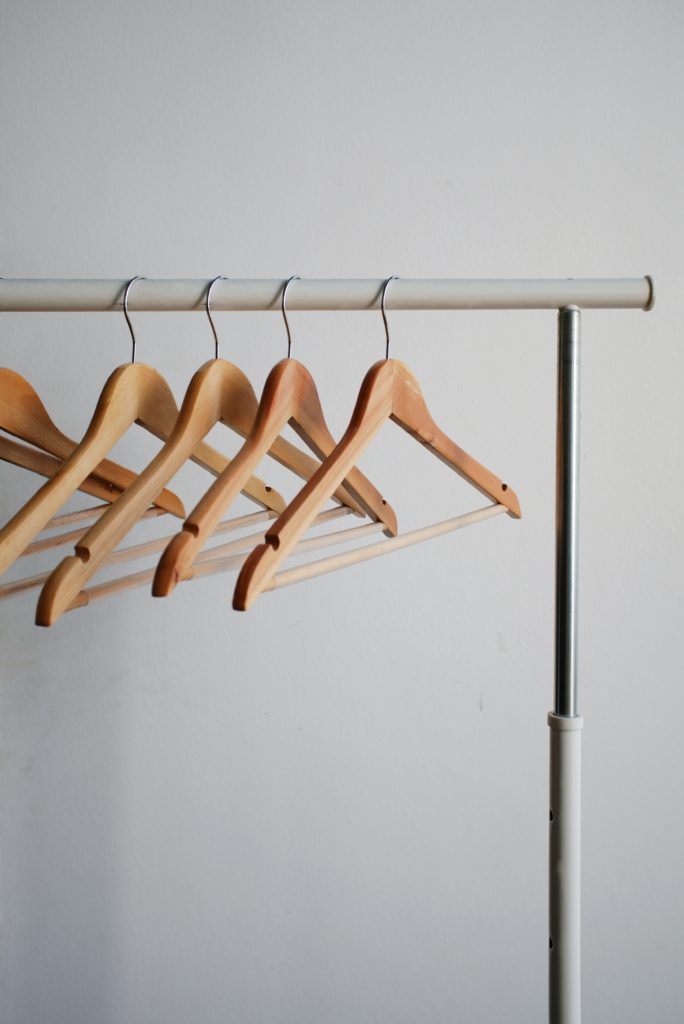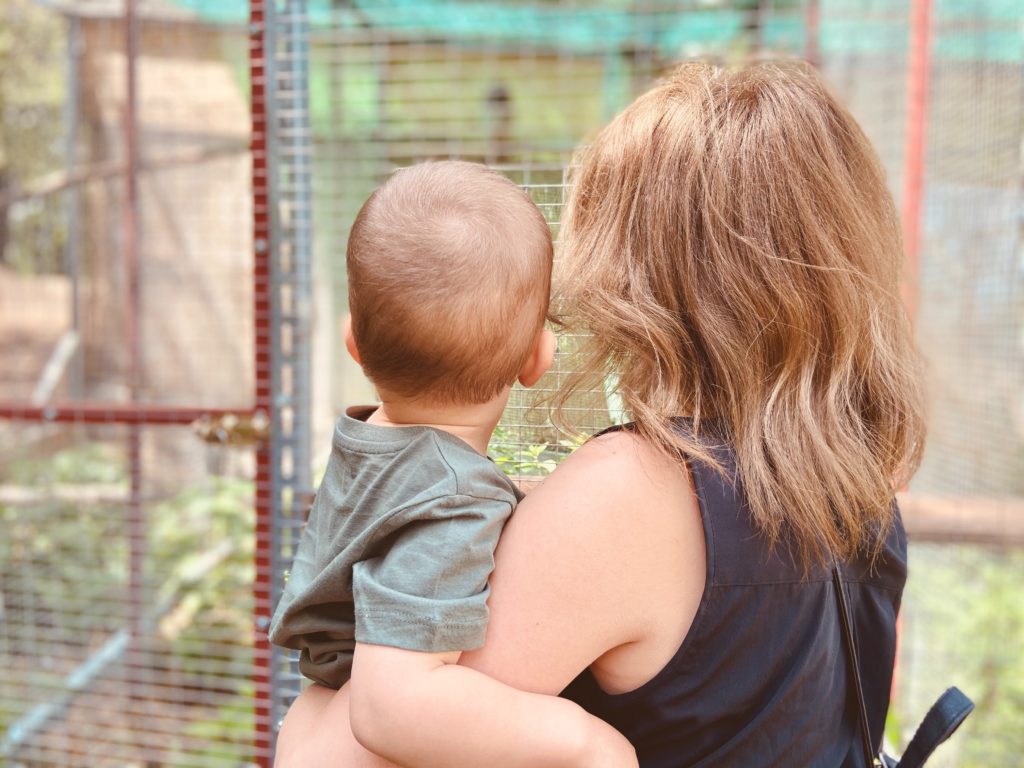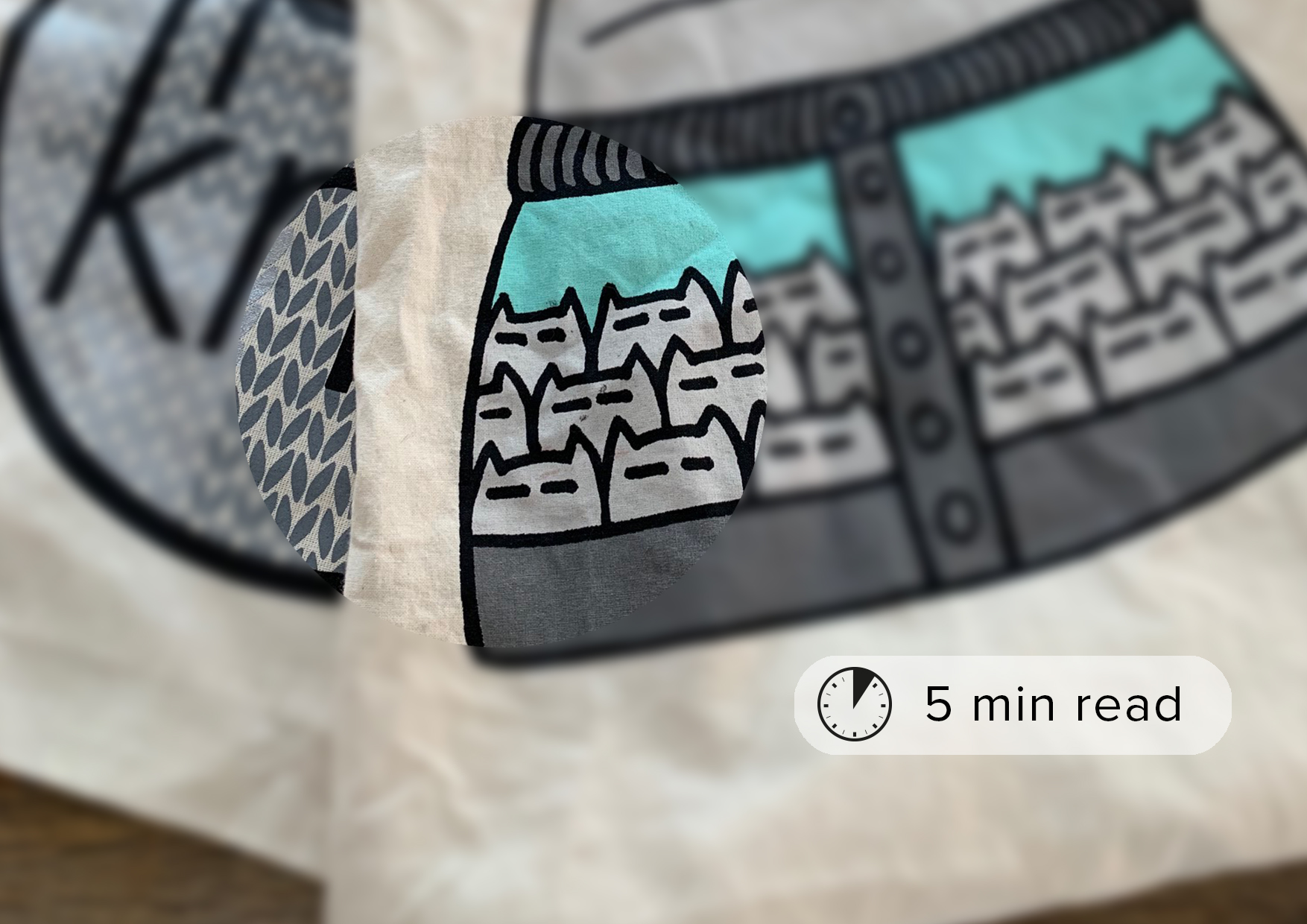Becoming a better ally – I’m still learning too
My son told me he was gay on the platform of Fulham Broadway while we were waiting for a tube into Central London.
There wasn’t any big lead up to his coming out. I wasn’t expecting it right there and then but I’d been anticipating the conversation for most of his life.
I often think back to that moment and remember the gentle sway of conversation – our usual back and forth, laughing, comfortable – probably a bit banal. In retrospect I wonder if that’s why he choose that exact point – because we were entirely at ease and maybe he thought things would never be quite the same again.
For me though, his quiet admission didn’t disrupt anything at all. It settled that final piece of my knowledge of him with a small, satisfying click. I was surprised to hear him ask me if it would change anything between us . . . “How could it?” I said – “I love you – I’ve always known.”
Showing up
I’m painfully aware this isn’t every queer person’s experience of coming out to their family. And it certainly wasn’t without challenge, prejudice and homophobia from the males in our own family. But like the ally I’d learned to be over the course of his childhood, I stood up, stepped in and spoke out.
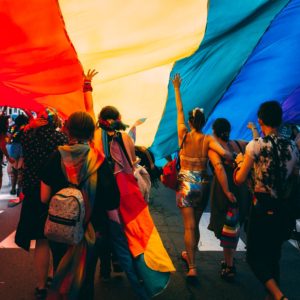 Being an ally can be in equal parts easy and difficult. Throw into the mix being a parent too and you can imagine the confrontational situations you suddenly find yourself in. Staring unflinchingly into the eyes of complete strangers who openly laugh at your child. Questioning what right those groups of adolescents have to threaten and insult him. Challenging your close friends and family members to address their unconscious bias and re-educate themselves.
Being an ally can be in equal parts easy and difficult. Throw into the mix being a parent too and you can imagine the confrontational situations you suddenly find yourself in. Staring unflinchingly into the eyes of complete strangers who openly laugh at your child. Questioning what right those groups of adolescents have to threaten and insult him. Challenging your close friends and family members to address their unconscious bias and re-educate themselves.
It’s not about you
The complicated conversations with people you’d just assumed would be gay ok are difficult, let alone living with a constant undercurrent of homophobic violence, and fear for your queer people’s safety. I’ve had to learn to live with both and they cause me a great deal of anxiety. Of course it’s nothing compared to what LGBTQIA+ people are exposed to and have to navigate every day.
Being a true ally isn’t easy when you’re afraid. I once made the mistake of asking my son to consider wearing a hat to cover up his bright pink buzzcut, and swap his skirt and platforms for something that would attract less attention on his commute through London. He refused of course, explaining to me that his queerness was in the way he walked, talked and everything about him, transcending more than just his outward appearance. I’ve never asked him to change himself to suit other people since.
Start with love
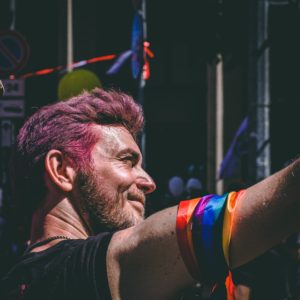 The easy part has always been from a personal perspective – understanding and developing my own relationship with the queer folk in my life. Whether that’s been celebrating with friends as they committed to each other in a civil partnership before gay marriage was even legalised, or providing a safe haven so my kids could grow into their best authentic selves (read: supporting my son’s choice to wear cherry-red Mary Janes at nursery and painting his toenails sparkling silver every summer, although I do reserve the right to stop him talking about Mariah Carey on every. Single. Facetime call . . .)
The easy part has always been from a personal perspective – understanding and developing my own relationship with the queer folk in my life. Whether that’s been celebrating with friends as they committed to each other in a civil partnership before gay marriage was even legalised, or providing a safe haven so my kids could grow into their best authentic selves (read: supporting my son’s choice to wear cherry-red Mary Janes at nursery and painting his toenails sparkling silver every summer, although I do reserve the right to stop him talking about Mariah Carey on every. Single. Facetime call . . .)
First steps
This is what I’ve learned on my own personal journey to becoming a better ally. Of course, I can’t speak for everyone and I’m definitely still learning!
Accept and support – unconditionally. Acceptance starts at home and the little things on a daily basis will make all the difference to your queer family – be mindful of your language, be inclusive and non-judgemental.
Defend and protect – while I don’t advocate putting yourself in danger, defending your queer folk against homophobic insult and attack is vital – they need to know you’re on their side!
Question and challenge – try to become aware of unconscious bias and challenge it. No-one wants a belligerent person making accusatory comments so make sure you know what you’re talking about and always educate with kindness.
Educate yourself – if you don’t know the right terms for things or the pronouns your queer folk have chosen – ask! If your questions come from a place of respect and love they won’t mind you asking.
Bear in mind just because you know one queer person, doesn’t necessarily mean you have an understanding of the whole community. Listen to podcasts, familiarise yourself with important gay history such as Stonewall and the Gay Liberation Front and keep up to date with current news concerning LGBTQIA+ issues like the Black Trans Lives Matter protests as part of the Black Lives Matter movement.
And finally…
Support where you can
Read more and get involved
These are some of my current favourites
- Non-binary lives: An Anthology of intersecting identities by Jos Twist, Ben Vincent, Meg-John Barker, Kat Gupta
- Queer Intentions: A (Personal) Journey Through LGBTQ+ Culture by Amelia Abraham
- https://www.stonewall.org.uk/
- https://mermaidsuk.org.uk/
Listen and watch
- Queer Britain (head to BBC iPlayer)
- nb: my non-binary life podcast (available through BBC Sounds)

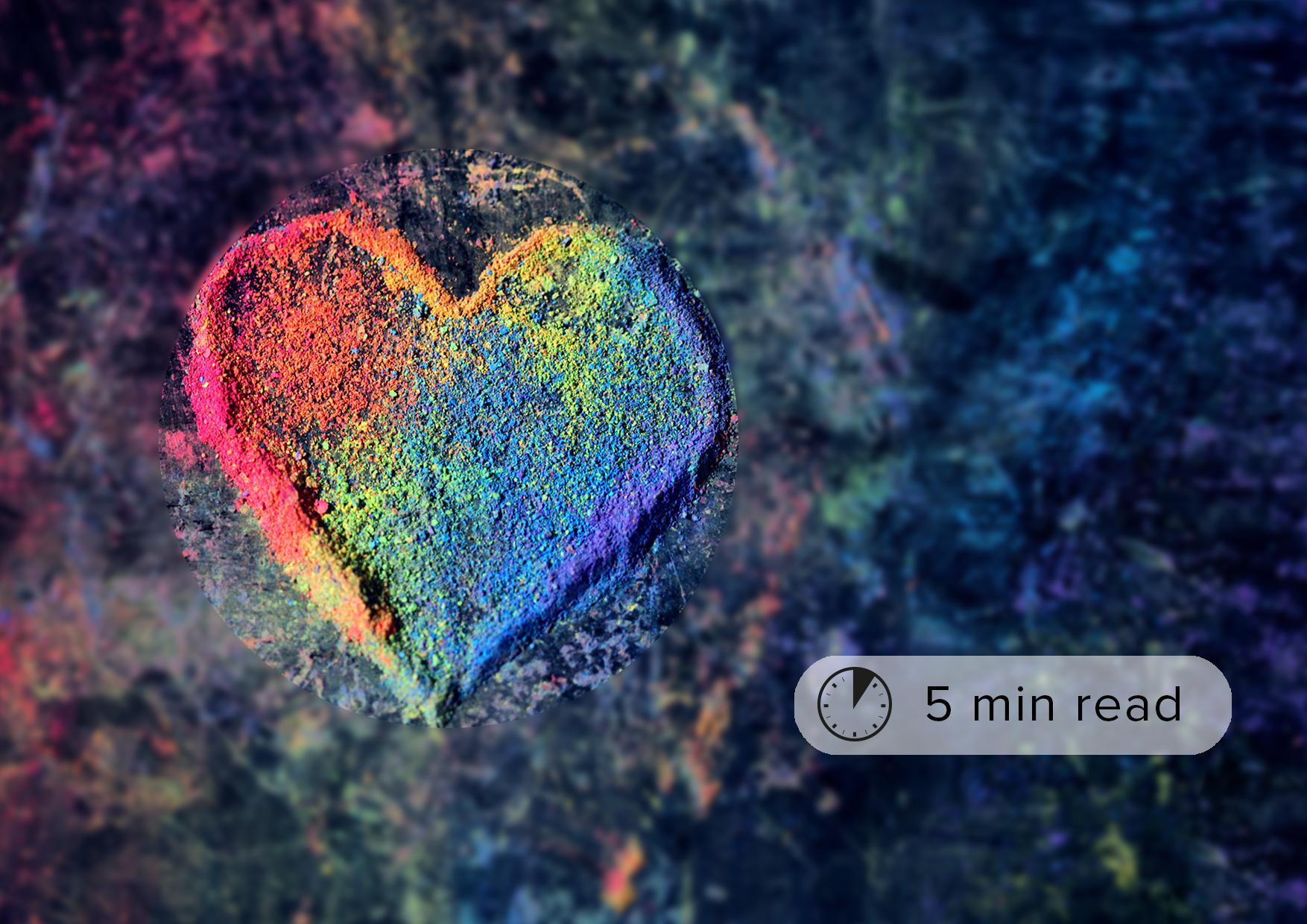
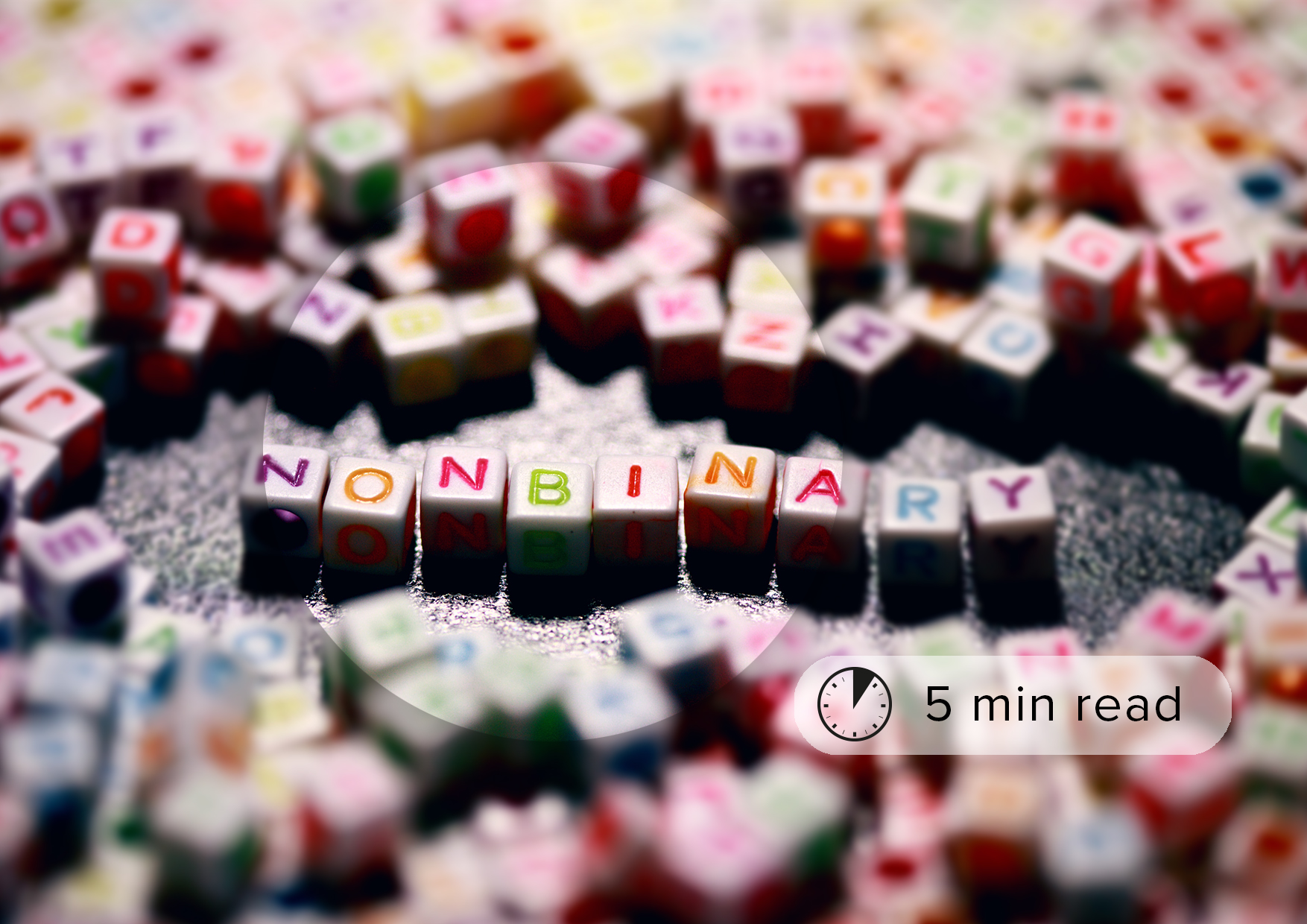
 Something I find so deeply problematic in the LGBTQIA+ community is the persistent need to categorise, label and define, particularly when it comes to our bodies. For a community that’s ‘all accepting,’ we can be anything but. Some of our queer specific dating apps are designed to make us ultimately isolate one another. They promote internalised homophobia, transphobia, racism and body shaming. I’ve come across profiles that say ‘No Fats, No Femmes, No Blacks and No Asians.’ It’s disgusting, do we really hate ourselves that much?
Something I find so deeply problematic in the LGBTQIA+ community is the persistent need to categorise, label and define, particularly when it comes to our bodies. For a community that’s ‘all accepting,’ we can be anything but. Some of our queer specific dating apps are designed to make us ultimately isolate one another. They promote internalised homophobia, transphobia, racism and body shaming. I’ve come across profiles that say ‘No Fats, No Femmes, No Blacks and No Asians.’ It’s disgusting, do we really hate ourselves that much?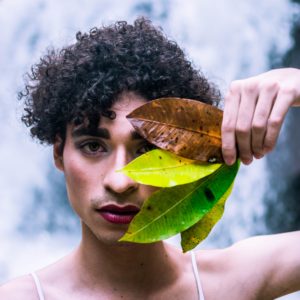
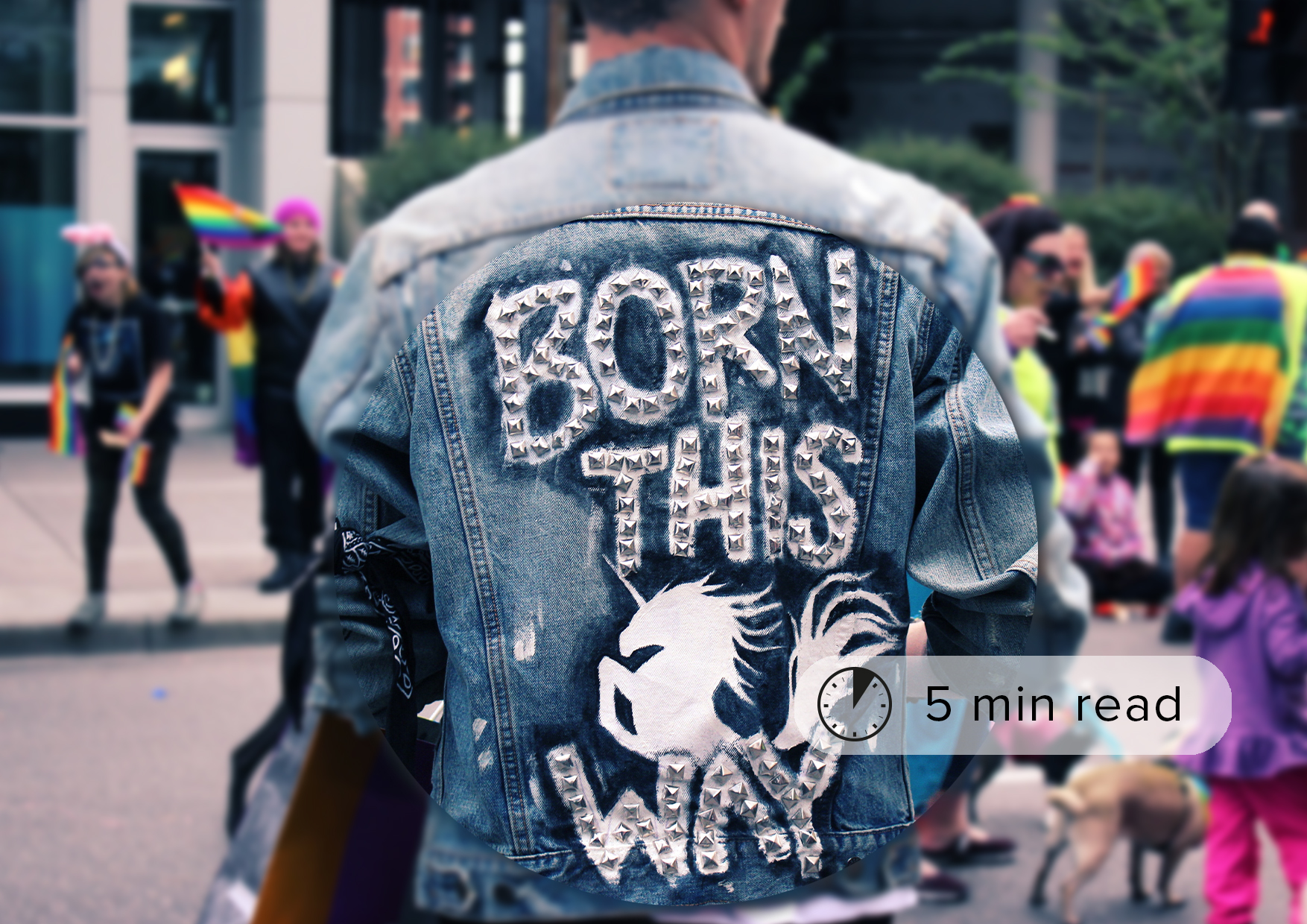
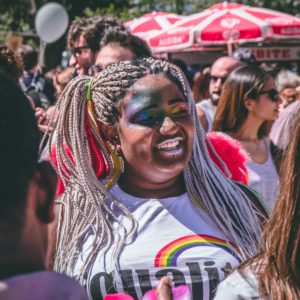 Thanks to RuPaul, the community slogan has become the glorified “If you can’t love yourself…” mantra. Once a very important reminder, it now serves as a global invitation that the LGBTQIA+ community has got it together, and have an endless capacity to deal with your self-loathing and insecurities as well as our own.
Thanks to RuPaul, the community slogan has become the glorified “If you can’t love yourself…” mantra. Once a very important reminder, it now serves as a global invitation that the LGBTQIA+ community has got it together, and have an endless capacity to deal with your self-loathing and insecurities as well as our own.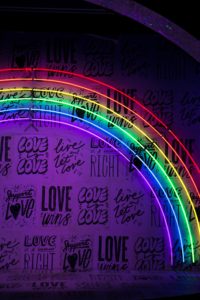 The notion that we, the queer community, all love ourselves unconditionally is a beautiful rainbow fantasy I’d love to believe in, but the same goes for all of humanity.
The notion that we, the queer community, all love ourselves unconditionally is a beautiful rainbow fantasy I’d love to believe in, but the same goes for all of humanity.